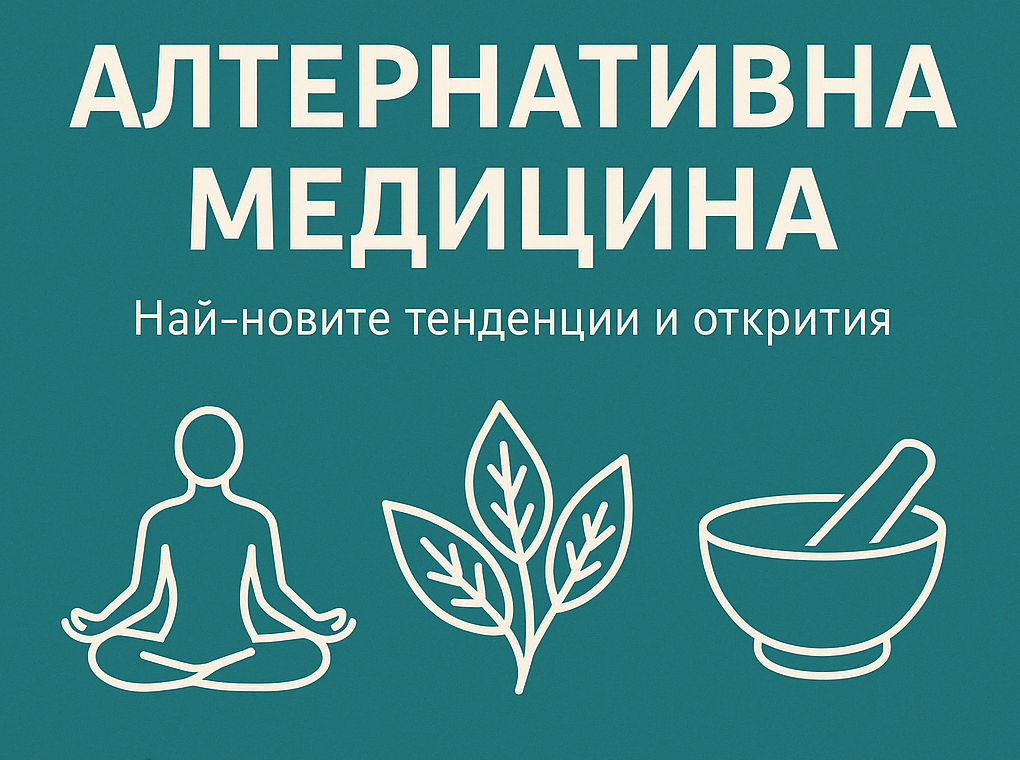Stress management: 7 Effective ways to reduce tension and boost well-being
Stress—we all feel it, but too often we ignore its deep impact on our health. In today’s fast-paced world, around 8 in 10 adults experience stress regularly. A little stress is sometimes normal (even useful in real “fight or flight” moments), but chronic daily stress is something else entirely.
When stress becomes a constant companion, it can wreck both body and mind. High levels of stress keep the body in a constant state of “alarm,” releasing cortisol and adrenaline nonstop. Over time, this can lead to anxiety, insomnia, digestive issues, high blood pressure, and a higher risk of heart disease. Stress can even alter brain chemistry, affecting memory and mood.
The takeaway? Stress isn’t just an emotion—it’s a real physiological issue. The good news is, you can manage it. Not by eliminating all problems (which is impossible), but by building healthy coping strategies. In this article, we’ll explore 7 science-backed techniques that are easy to apply and proven to help you feel calmer, more balanced, and more resilient.
1. Practice Deep Breathing and Mindful Meditation
When you feel overwhelmed, your breath is the fastest way to hit the pause button. Try this simple method: inhale for 4 seconds, hold for 4, and exhale slowly for 6–8 seconds. Repeat for a few minutes. Prolonged exhalation activates the parasympathetic nervous system, which calms your heart rate, lowers cortisol, and brings a sense of safety.
Just 5 minutes a day of slow breathing reduces anxiety. Stanford research has shown that even brief daily breathwork improves mood.
Add meditation to your toolkit—it's a form of mental training to stay present. Just sit quietly, close your eyes, and focus on your breath. When your mind wanders (and it will), gently bring it back.
Even 5–10 minutes a day can change your brain—improving emotional regulation, decreasing reactivity to stress, and enhancing memory. Try guided apps like Headspace, Calm, or Insight Timer.
2. Move Your Body – Exercise Relieves Stress
Movement is a natural antidepressant. Physical activity releases endorphins (your brain’s feel-good chemicals) and reduces cortisol and adrenaline levels.
You don’t need to run marathons—20 minutes of walking, dancing at home, swimming, yoga, or boxing all work. The key is to pick something you enjoy and do it regularly.
Research shows that regular movement helps your nervous system become more resilient—it responds less intensely to future stressors. Exercise also improves sleep, which is critical for managing stress.
If motivation is low, invite a friend, use a fitness app, or join a group class.
3. Prioritize Quality Sleep
Without good sleep, your ability to manage stress collapses. Stress disrupts sleep, and poor sleep amplifies stress—a vicious cycle.
Aim for 7–8 hours per night. Chronic sleep debt makes you more irritable, distracted, and anxious.
Create an evening wind-down routine, keep your bedroom quiet, and go to bed at a consistent hour. Turn off screens at least an hour before bed. Avoid caffeine in the afternoon, skip heavy meals at night, and use relaxation techniques like breathwork or meditation.
🌿 Tip: Add a few drops of organic lavender essential oil from @AlteyaOrganics to your pillow or diffuser at bedtime. Lavender has proven calming effects that help reduce tension and improve sleep quality. Use code DRGOGOOFFICIAL for 20% off at alteyaorganics.com/DRGOGOOFFICIAL
4. Eat for Calm
Nutrition affects not just your physical health, but your emotional resilience too. Under stress, many skip meals, overconsume sugar, or drink too much caffeine. This only makes things worse.
Stick to whole foods: fruits, vegetables, whole grains, omega-3 fats (from fish, nuts, flaxseed), and clean protein. Eat regularly to maintain stable blood sugar.
Avoid stimulants late in the day and limit alcohol—it may feel calming temporarily, but worsens sleep and can increase anxiety.
Pro tip: Probiotics in Bulgarian yogurt support gut-brain health and stress resilience.
5. Connect with Others
One of the strongest shields against stress is social connection. Talking to a friend or loved one can relieve tension almost instantly. Don’t isolate when you’re struggling—that’s when connection matters most.
Join a hobby group, online forum, or volunteer community. And if you feel overwhelmed, don’t hesitate to seek professional help from a therapist or counselor.
6. Set Boundaries and Manage Time
A major source of stress is feeling like you have too many tasks and not enough time. Learn to say no, and prioritize what truly matters.
Use to-do lists, break big tasks into smaller steps, and leave buffer time for the unexpected. Don’t let work bleed into your personal hours. For example, set a rule: no checking work email after 7 PM.
7. Find Your Personal Relaxation Rituals
Plan at least 15–20 minutes a day for something that brings you joy—like a walk in nature, painting, listening to music, yoga, or a warm bath.
Aromatherapy is also scientifically proven to help. The scent of Bulgarian rose oil and lavender has been shown to ease anxiety, lower blood pressure, and lift mood.
🌸 Try this: Add a few drops of Alteya Organics’ organic rose or lavender oil to your diffuser or bath. It’s a simple way to calm the nervous system naturally. Use code DRGOGOOFFICIAL for 20% off: alteyaorganics.com/DRGOGOOFFICIAL
🧘 Final Thoughts: Take Control of Stress Before It Controls You
Stress is part of life—but it doesn’t have to run your life. With these 7 techniques in your pocket, you can build emotional strength, mental clarity, and inner peace. This isn’t just about feeling better—lower stress means a healthier heart, stronger immunity, deeper sleep, and a longer life.
Start with one small change this week—maybe a morning breathing practice or a calming scent at bedtime. Step by step, you’ll build a life where stress has no power over you.
📩 Join our weekly newsletter for more science-backed health tips and natural product recommendations.
Don’t forget: code DRGOGOOFFICIAL gives you 20% off select clean beauty and wellness products from AlteyaOrganics.com
Citations:
Chronic stress can cause heart trouble | American Heart Association Chronic stress can cause heart trouble | American Heart Association 'Cyclic sighing' can help breathe away anxiety Exercising to Relax - Harvard Health Publishing




Comments